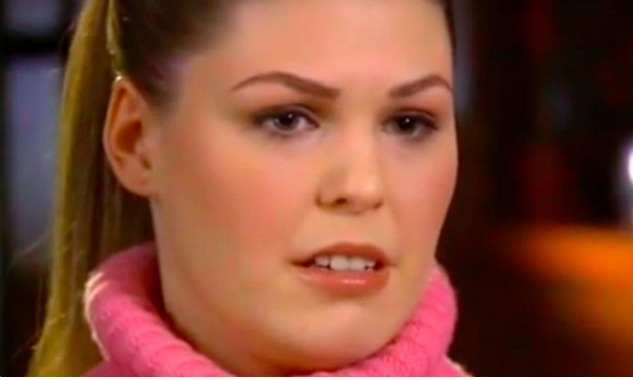The much awaited findings in the Belle Gibson trial demonstrate that the Australian Consumer Law is an effective weapon in prosecuting misleading and deceptive conduct by fraudulent charity fundraisers, says NFP legal service Justice Connect. The judgment was handed down by Justice Mortimer of the Federal Court on World Consumer Rights Day.
Disgraced health personality Gibson used vulnerable groups, including a terminally ill five-year-old, as a marketing strategy to sell her wellness products, a judge has found.
Mortimer on Wednesday said the Melbourne businesswoman who claimed she had brain cancer used charities to sell her Whole Pantry book and app.
“(She) deliberately played on the genuine desire of members of the Australian community to help those less fortunate,” Mortimer’s judgment said.
Gibson advertised that money from product sales would go to the Asylum Seeker Resource Centre, the Birthing Kit Foundation and five-year-old brain cancer sufferer Joshua Schwarz, among others.
With little or no money given to these groups, the promise of giving was instead about boosting Gibson’s own image and success, the judge said.
Sue Woodward, Director Not-for-profit Law at Justice Connect, said, “The Federal Court’s finding shows that the nationwide Australian Consumer Law is well up to the task when it comes to prosecuting fundraising misbehaviour in the not-for-profit sector, and that the Victorian Commissioner for Consumer Affairs was right to use it in Belle Gibson’s case rather than the state-based Fundraising Act.”
“While the penalty is yet to be determined, the national consumer law arms the regulator and courts with other enforcement tools where fines are impractical. This is important when a fundraiser or fraudulent charity has no money, as is the case with Belle Gibson,” said Woodward.
“Our #fixfundraising campaign argues that with the seven different state and territory laws, any charities that aspire to collect Australia-wide, or even small groups using the internet to raise funds, must abide by a minefield of rules and regulations that add millions of dollars in unnecessary cost to the not-for-profit sector.
“The duplicative and complex nature of Australia’s current regime, with charities having to deal with both the Australian Consumer Law and the archaic state-based laws, diverts and distracts many wonderful volunteers from compassionate activities to mind numbing and unnecessary paperwork.”
In a win for the work of the #fixfundraising coalition, Victorian Government has now publicly confirmed the need for nationally consistent fundraising regulation. In her opening address to the National Consumer Congress in Melbourne, The Hon Marlene Kariouz, said she supported the community sector’s call to “overhaul this aspect of the Australian Consumer Law.”
She said she hoped that her colleagues in other jurisdictions shared the same view, and most importantly that she would “continue to advocate for national reform while taking appropriate action to remove red tape for charities and not-for-profits operating in Victoria”.
Minister Kariouz is the first State Government minister to say publicly during the Australian Consumer Law review process that fundraising laws across Australia need to change, and the Australian Consumer Law is the way forward.
Her comments are supported by hundreds of organisations, including peak bodies representing more than 570 charities and not-for-profits. Professional bodies representing more than 3.75 million directors, lawyers, accountants and other advisers across Australia have also signed up to the #fixfundraising plan for reform.












